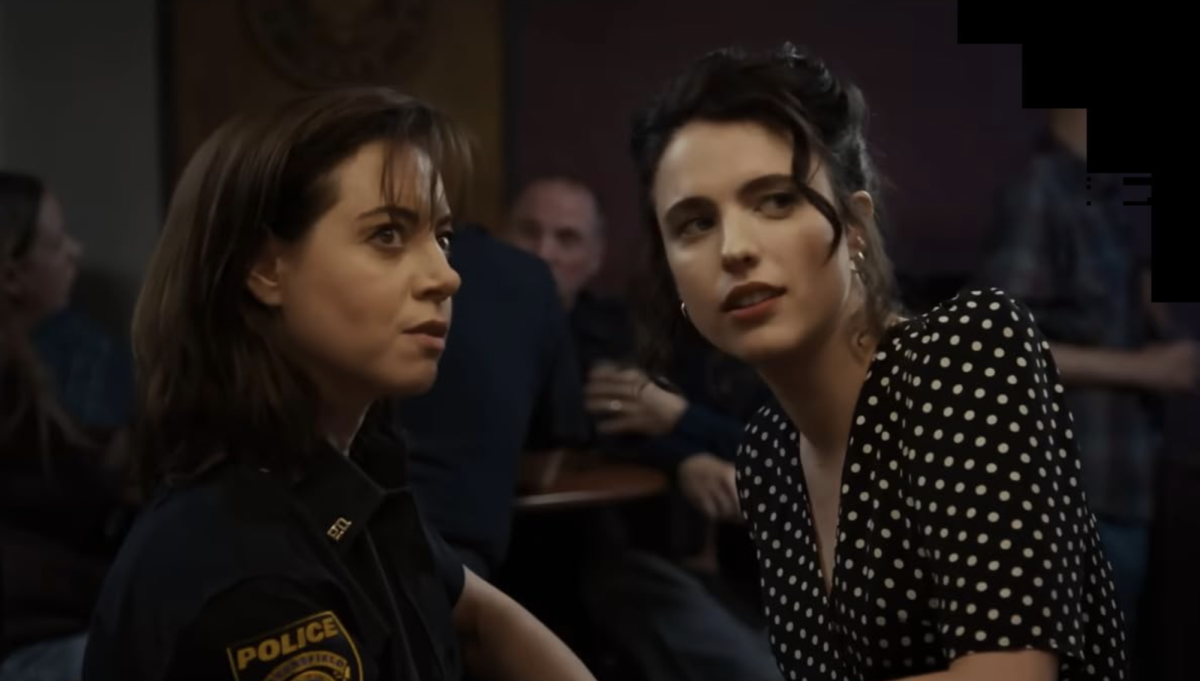
IMDB

“Honey Don’t” is one of those movies that feels like it has no idea what it actually wants to be, and, as a result, ends up being a frustrating, disjointed mess. The plot is all over the place, introducing too many plot threads that either fizzle out or just get abandoned entirely. At the center of the film, there are supposed to be two interconnected mysteries, though, in reality, it boils down to one: a murder Margaret Qualley’s titular character, a private detective, begins investigating after the victim calls Honey right before her death.
Right away, this is a setup with tons of potential, mystery and intrigue, grabbing the audience immediately with its emotional hook of why the victim called Honey of all people. For a while, I thought I was going to be in for a sharp, layered mystery movie. However, as the movie unfolds, it keeps stacking on half-baked ideas without really committing to any of them, eventually collapsing under its own weight.
The investigation points Honey in the direction of a strange sex-cult style church, which also seems to serve as a front for a drug trafficking operation. It felt like the story was gearing up for an exploration of how organized religion, especially the highly commercialized mega churches run by overly charismatic reverends, like Reverend Drew (Chris Evans), can easily become corrupted. Additionally, there’s the added spark of a budding romance between Honey and police officer MG Falcone (Aubrey Plaza), which, at first, looked like it could give the film some much needed emotional grounding. In theory, all the ingredients were there for an intelligent and compelling movie: a murder mystery, commentary on cult-like megachurches and a romance to cut through the chaos.
However, instead of actually following through on any of these plot points, the story just falls apart. The church and the murder end up not being connected at all, no matter how hard the film tries to convince us of the fact. Honey doesn’t even come off as a competent detective as most of her discoveries happen by coincidence or accident, and by the time she finally stumbles onto the identity of the true murderer, it feels completely unearned. There is no detective work, no clever reveal and no satisfying payoff. The story just stops, like the filmmakers gave up halfway through writing it. There is simply nothing to make the ride feel worthwhile.
As the plot falters, the film leans heavily on provocation to keep viewers engaged. The sex scenes are far too long, shot in excessive detail and linger well past the point of having any narrative purpose. Instead of feeling edgy or modern, they come across as indulgent and unnecessary, as if the filmmakers didn’t trust the story to hold attention without a spectacle.
The performances don’t rescue it, either. Aubrey Plaza, usually a magnetic screen presence, feels flat, playing her role like an outline of a character rather than a living person. Her chemistry with Qualley is faint at best, undercutting the emotional element the romance was supposed to provide.
The one saving grace is Chris Evans, who delivers a surprisingly sharp and entertaining performance as the cult leader. He’s funny, charismatic and just unhinged enough to be believable, walking the line between charm and menace so perfectly it almost makes you wish the film revolved entirely around him. Yet Evans alone cannot compensate for a story this muddled.
Perhaps most disappointing is how dated the film feels in its depiction of queer characters. Qualley’s lesbian character is repeatedly hounded by men, forced into defensive rejections and ultimately written into the same tired trope of lesbians in destructive and toxic relationships. Its queer representation feels years out of step, reducing queerness to a gimmick rather than exploring it honestly.
In the end, “Honey Don’t” is a film that looks like it has all the right pieces, but fumbles every one. It’s a shallow exercise in provocation, flashy in all the wrong ways and instantly forgettable.